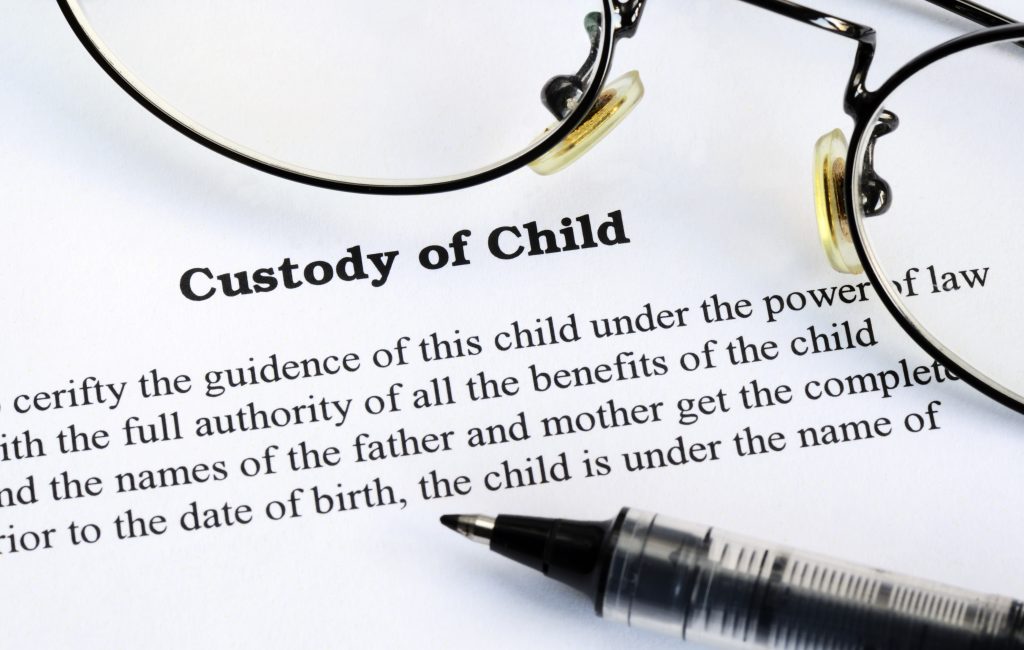
“No-pets” Clauses in Utah: Can I Evict my Tenant when his Emotional Support Animal Violates our Lease Agreement?
Over 62% of households in the United States include a pet. Pets have been shown to have a calming influence on people, decrease blood pressure, and even lower cholesterol. Alan M. Beck & Aaron H. Katcher, Between Pets and People: The Importance of Animal Companionship 7 (Purdue U. Press 1996). In recent decades, the concept of an emotional support animal (“ESA”) has increased in popularity. In contrast to a service animal that is used to perform a particular physical task, such as a guide dog who assists with vision impairment, support animals fulfill the role of providing psychological assistance. Nowadays, the question often arises, can these animals be excluded from lease agreements?
Absent an applicable statute, landlords may generally restrict or prohibit the harboring of an animal in a rental unit. However, while animals are treated as personal property under U.S. law, if an animal falls under the category of a companion animal, a tenant may have additional rights in maintaining the animal by his side. The most common example of this is an animal that assists with some type of disability, often referred to as “service animals.” Historically, Utah has distinguished between “service animals” and “ESA’s”, but that changed in May of 2019:
(1)(a) An individual with a disability has the right to be accompanied by a service animal, unless the service animal is a danger or nuisance to others as interpreted under the Americans with Disabilities Act of 1990, 42 U.S.C. Sec. 12102:
Utah Code Ann. § 62A-5b-104
This also includes right to housing:
(4)(a) An individual with a disability has equal rights and access to public and private housing accommodations offered for rent, lease, or other compensation in this state.
Utah Code Ann. § 62A-5b-103
Further, the owner or lessor of private property:
(i) may not, in any manner, discriminate against an individual with a disability on the basis of the individual’s possession of a service animal or a support animal, including by charging an extra fee or deposit for a service animal or a support animal; and
Utah Code Ann. § 62A-5b-104
In Utah, this means that Landlords must comply with federal law, in particular the Fair Housing Act, which compels renters to provide reasonable accommodation in order to afford equal protection to use and enjoy a dwelling. See 42 U.S.C. § 3604(f)(3)(B. As such, if a tenant espouses to own an ESA, Landlords should proceed with caution. If a tenant can show a valid nexus between their support animal and a disability, or in other words, actual necessity for the animal, then the Landlord may be required to facilitate the tenant’s need for an ESA. See Bronk v. Ineichen, 54 F.3d 425, 429 (7th Cir. 1995). However, both parties’ needs will be taken into account; “the concept of necessity requires at a minimum showing that the desired accommodation will affirmatively enhance a disables plaintiff’s quality of life by ameliorating the effects of the disability.” Id.
In sum, “Persons asserting their rights under the FHA will need to establish a clear record of their disabilities, as well as the status of the animal, to have a service animal in housing where a no-pets policy applies. Based on findings in Prindable, see Prindable v. Assn. of Apt. Owners of 2987 Kalakaua, 304 F. Supp. 2d 1245, 1256 (D. Haw. 2003), establishing the status of an animal as a service animal will be especially difficult in situations involving emotionally or mentally disabled individuals.” But landlords should be careful not to violate the Act because the FHA allows for injunctive relief, compensatory damages, civil penalties, and attorney’s fees. Tara A. Waterlander, Some Tenants Have Tails: When Housing Providers Must Permit Animals to Reside in “No-Pet” Properties, 18 Animal L. 321, 358 (2012).
If you have any questions about whether your tenant can escape a “no pets clause” in your rental contract, it is always best to speak with a competent Utah attorney.
you may also like
In Utah, what is needed to qualify for a Stalking Injunction?
If you are scared for your safety because you reasonably believe someone might try to harm you…









